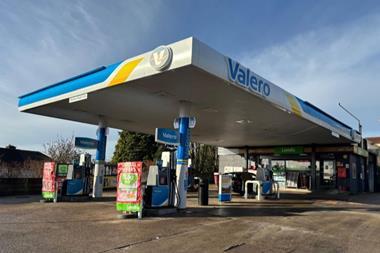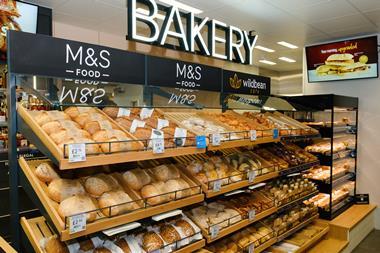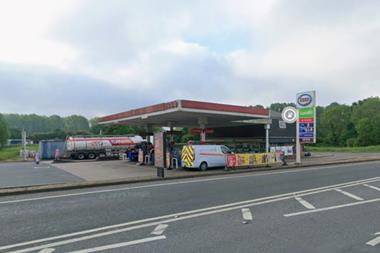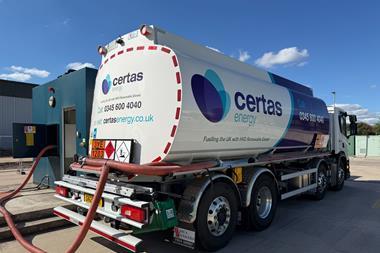Up to 17% of cigarettes and 54% of handrolling tobacco used in the UK is smuggled. That’s one of the headline messages to retailers from tobacco firm JTI’s new Tobacco Smuggling report.
The report says that "persistently high tobacco taxation levels" have helped the illicit trade in tobacco flourish over the past 15 years so much so that it’s cost the government an estimated £45bn in lost tax revenue.
"With tobacco tax at an all-time high, an increased number of smokers are being encouraged to break the law by buying product from illegal sources. In turn, the increase in organised criminal tobacco trading is causing a considerable loss of sales, revenue and profit to legitimate retailers and businesses," says JTI’s head of communications, Jeremy Blackburn.
He adds that JTI is committed to defending the UK’s responsible retailers and is working with the government, HMRC (Revenue and Customs) and other tobacco manufacturers to help stamp out smuggling and eradicate the illegal market.
Tackling the problem
The UK has some of the highest tobacco taxes in the world. But JTI reckons the government should follow the recent example of the Irish finance minister, who froze tobacco taxes in his 2009 budget because he believed the high price was "giving rise to massive cigarette smuggling".
JTI would also like the allowances that travellers can legally bring back from abroad reduced from the guideline 3,200 cigarettes per traveller to a fixed level of 800 cigarettes.
JTI has worked closely with HMRC to incorporate covert technology on its tobacco products to allow easier identification of counterfeit products in the retail network. Going forward, the company is committed to identifying and implementing "viable and cost-effective technology" including tracking and tracing. The report says these solutions will prevent the diversion of genuine products in the supply chain and help identify counterfeits.
UK legislation is already in place to impose severe penalties on people involved in the illegal manufacture, distribution and sale of counterfeits. However JTI’s concern is the lack of resources available to detect, prosecute and enforce the legislation.
"The perception among criminals is that tobacco smuggling is a ’soft touch’ in relation to the risks involved in other criminal activity," says the report.
Another problem for the industry is the proposed ban on the display of tobacco products, which manufacturers and retailers think could increase illicit trade. This is why the ban has been described, in some quarters, as a ’smugglers charter’.
Retail message
"Our message to retailers remains the same," says Blackburn. "When it comes to a deal on cigarettes or handrolling tobacco, if it seems too good to be true, it probably is. Legitimate retailers need to protect their businesses from criminals who steal customers and profit from them on a daily basis if retailers have information that they think could help, they need to act. Although they may not see a direct result of their action, they may have contributed to solving a larger case." If retailers believe they have been sold illegal cigarettes or know someone selling them, they should contact either HMRC on 0800 59 5000 or JTI on 0800 181 519.
illicit whites
Cigarette seizures by HMRC tend to fall into two camps: illicit whites and counterfeits.
Illicit whites or ’cheap whites’ are brands manufactured legitimately in one market, which are sold knowingly to traders who transport them to anther country where they are sold illegally without the payment of domestic taxes.
They have become the first choice for many criminals because there are no controls over brand ownership and no requirement for disciplined ’track and trace’ of these products as is required by companies such as JTI. Counterfeits are simply counterfeit versions of mainstream brands. Although mostly made in China, wholesale production is moving to other parts of the world including South America, India and Eastern Europe.



























No comments yet